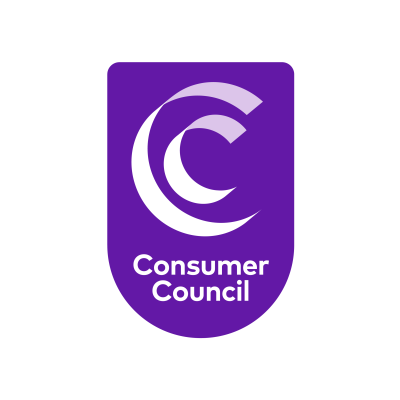One in four Northern Ireland consumers worried about cost of food
The Consumer Council helps cut the cost of the summer food shop
Nearly a quarter of consumers in Northern Ireland are worried about the cost of their food and grocery shopping, according to recent research by The Consumer Council.
The Consumer Council, Food Standards Agency in Northern Ireland and Safefood are particularly concerned about the challenges facing low-income families to balance the cost of a nutritious diet while meeting other weekly household expenses. The school summer holidays are a particularly worrying time. This is when low-income families have to provide additional food for their children who in term times are entitled to free school meals.
Research carried out by the three agencies shows that some families need to spend up to £153 a week to eat a healthy balanced diet, which is almost half their budget if on a low income or receiving benefits.
“It is concerning that almost a quarter of consumers in Northern Ireland are worried about the cost of their food and grocery shopping. This perhaps reflects the fact that food prices have climbed at their fastest rate in more than three years, according to research from Kantar Worldpanel. Our own research shows that consumers identify food costs as the main reason why they feel worse off than two years ago”, said Caroline Mooney, Consumer Empowerment Officer at The Consumer Council.
“What is especially worrying is that often the money spent on food is the first to be cut back when money is limited. For this reason we are working with the Food Standards Agency and Safefood to promote affordable, healthy meal options. We are also advising consumers to shop around to get the best deal by looking at shelf label unit pricing, creating meal plans and doing a stock-take of their fridge, freezer and food cupboards before they shop”.
Sharon Gilmore, Head of Standards and Dietary Health at Food Standards Agency, added “In trying to make a limited household budget go further, families can end up compromising on the nutritional quality of the food they buy. There’s no doubt food poverty is complicated and is influenced by limited cooking skills and lack of access to a healthy balanced diet. The FSA continues to play an active role in the strategic response to food poverty in NI.”
Dr Cliodhna Foley-Nolan, Director of Human Health & Nutrition at Safefood, noted “Families on a low-income tend to eat less well, have poorer health outcomes with higher levels of obesity and its’ complications. In general, cheaper foods and takeaways are simply less nutritious. This presents a real challenge for parents when it comes to food shopping and planning for the week.”
The Consumer Council, Food Standards Agency and Safefood have created food shopping tips, meal planners and leaflets to help consumers shop confidently and healthily for less. For more information visit www.consumercouncil.org.uk/food

Consumer Council for Northern Ireland
Consumer Council for Northern Ireland
Floor 3, Seatem House,
Belfast
BT2 8EN
United Kingdom
